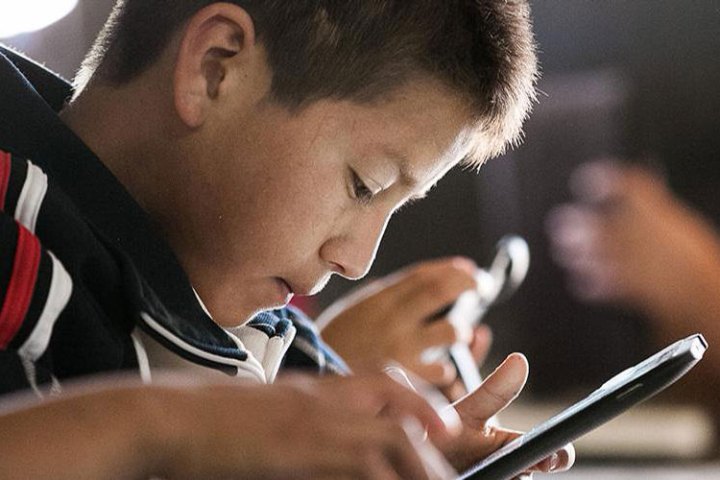
The EFF’s complaint is based upon their examination of both Google’s Chromebook and Google Apps for Education, a collection of educational software that numerous schools throughout the U.S. use. According to the watchdog group, “While Google does not use student data for targeted advertising within a subset of Google sites, EFF found that Google’s ‘Sync’ feature for the Chrome browser is enabled by default on Chromebooks sold to schools.”
This in turn allows the Internet giant significant access to student Web activity, including “records of every Internet site students visit, every search term they use, the results they click on, videos they look for and watch on YouTube, and their saved passwords.” And because the tech company has no disclosure agreement or permission form that alerts parents, teachers, and student users to these practices, the EFF believes that Google’s data collection is particularly problematic.
Given that some 50 million students and teachers use Google Apps for Education, and there are another 10 million Chromebooks in schools around the world, the number of individuals affected by Google’s practices appears quite significant.
“Minors shouldn’t be tracked or used as guinea pigs, with their data treated as a profit center,” said EFF Staff Attorney Nate Cardozo. “If Google wants to use students’ data to ‘improve Google products,’ then it needs to get express consent from parents.”
Editors' Recommendations
- Google is changing everything you know about Chromebooks
- All of the internet now belongs to Google’s AI
- You don’t have to use Bing – Google Search has AI now, too
- How ChatGPT could help Microsoft dethrone Google Search
- Here’s how Google Search plans to tackle clickbait


